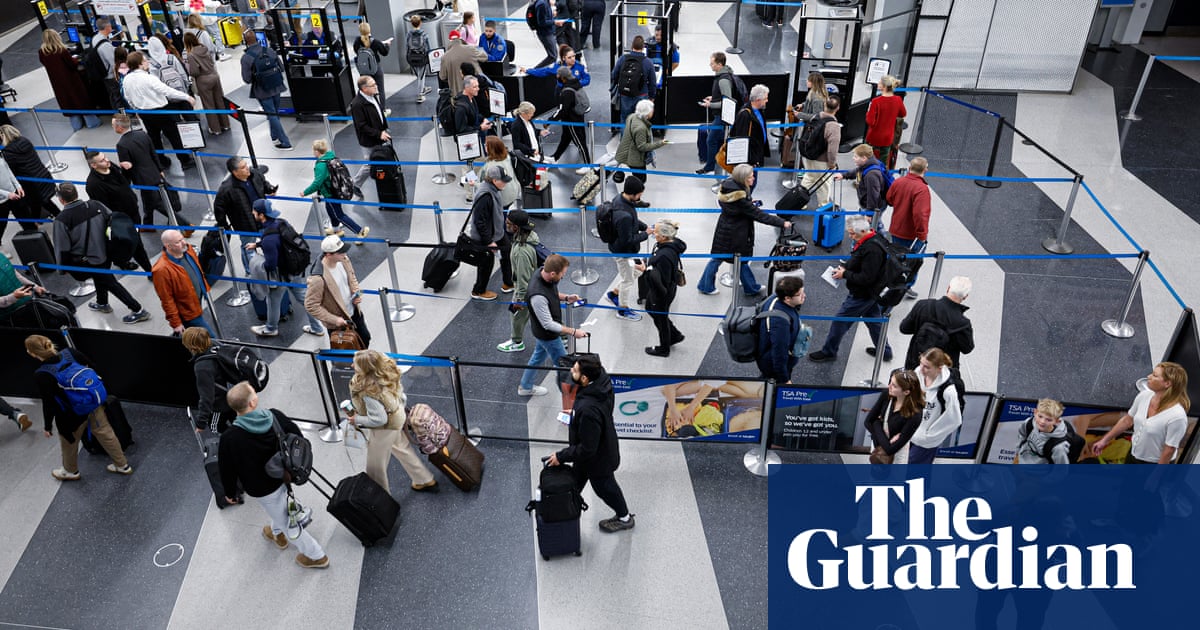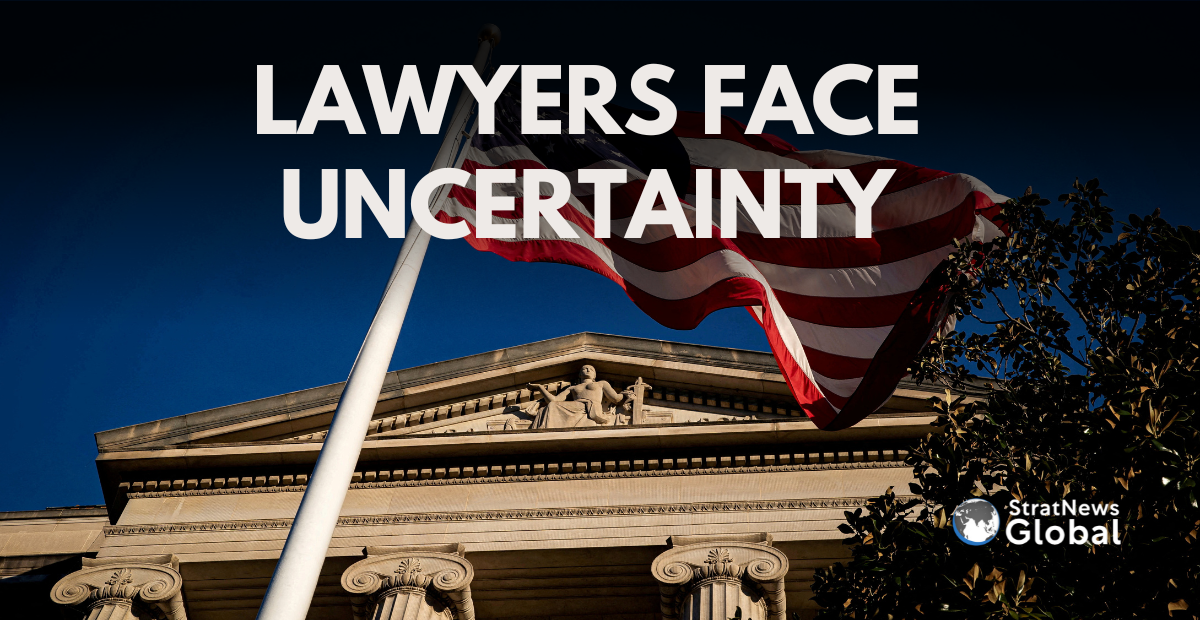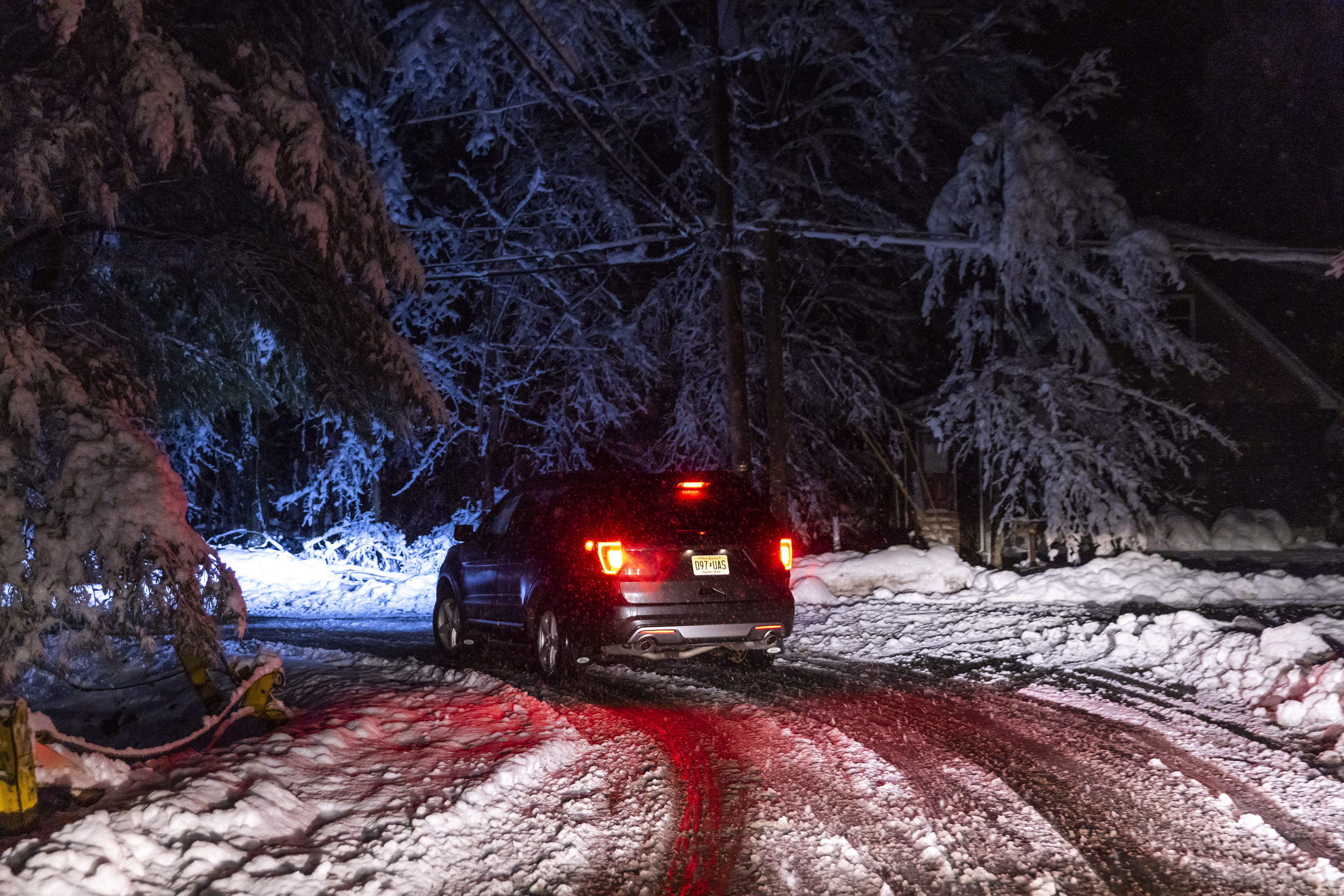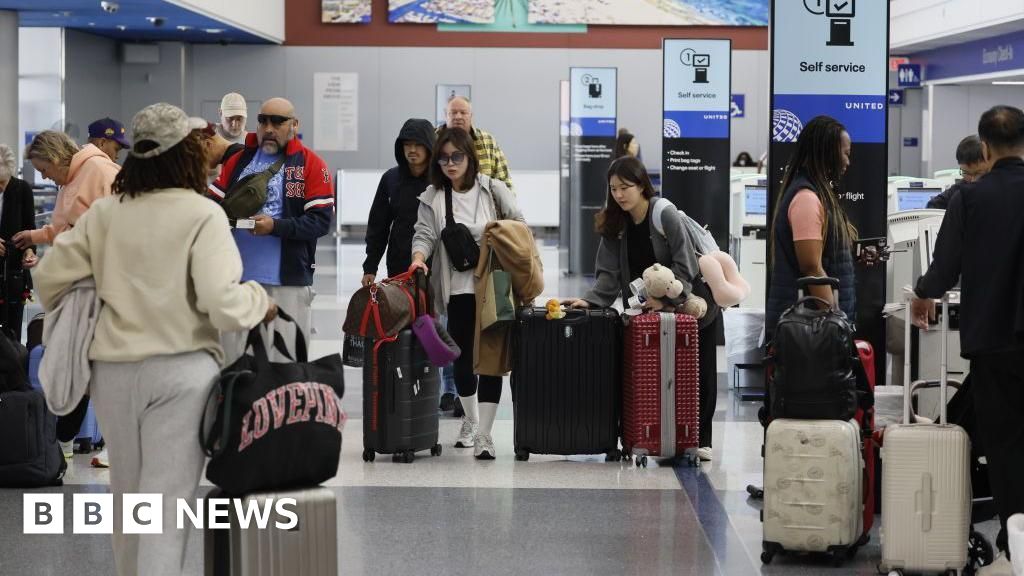Travel
Arctic blast to hit US as millions set to travel for Thanksgiving holiday

Millions of Americans will face severe weather – and low temperatures – as they travel for the Thanksgiving holiday on Thursday.
The National Weather Service (NWS) issued an announcement on Monday that an Arctic blast is expected to bring “dangerous wind chills, lake effect snow, and severe thunderstorms”.
The “Arctic outbreak” will likely hit the Northern Rockies, which includes parts of Idaho, Montana and Washington state, as well as the Northern Plains region on Thursday before advancing into the midwest area this weekend, the NWS reported.
Severe thunderstorms could also hit the south-east, forecasters warned, as increased rain is predicted for swaths of the US.
Forecasters said on Monday that a Thanksgiving Day storm could bring rain and possible snow to the eastern US, including areas of New York. Expected rain and strong winds could even disrupt the annual Macy’s Thanksgiving Day parade in New York City.
A cold front is expected to move across the eastern US, sending blasts of cold air and snow throughout the midwest, east coast, and south-east area. Several midwestern cities – Chicago, Minneapolis and Kansas City, Missouri – are expected to see below-freezing temperatures by Friday. But forecasters have said they do not expect to see record-breaking cold temperatures.
“Farther south, we are concerned about freezing overnight low temperatures reaching the Gulf Coast and northern portions of Florida, where citrus crops may be vulnerable,” said Cory Baggett, a meteorologist with the National Oceanic and Atmospheric Administration’s (Noaa) climate prediction center, to USA Today.
“Despite anomalously cold temperatures, we are currently not expecting widespread record-breaking cold temperatures. That said, this will likely be the coldest air of the season thus far.”
Thanksgiving is among the busiest travel days in the year in the US, as approximately 80 million people travel at least 50 miles for the holiday, according to the American Automobile Association.
But rain and snow headed for the east coast could cause increased highway congestion, especially along major interstates.
Holiday flights might also be affected by weather conditions, though air travel has been mostly unaffected so far. Only 10 US flights were cancelled, as of Tuesday morning, according to data from FlightAware, which tracks airline delays and cancellations.










